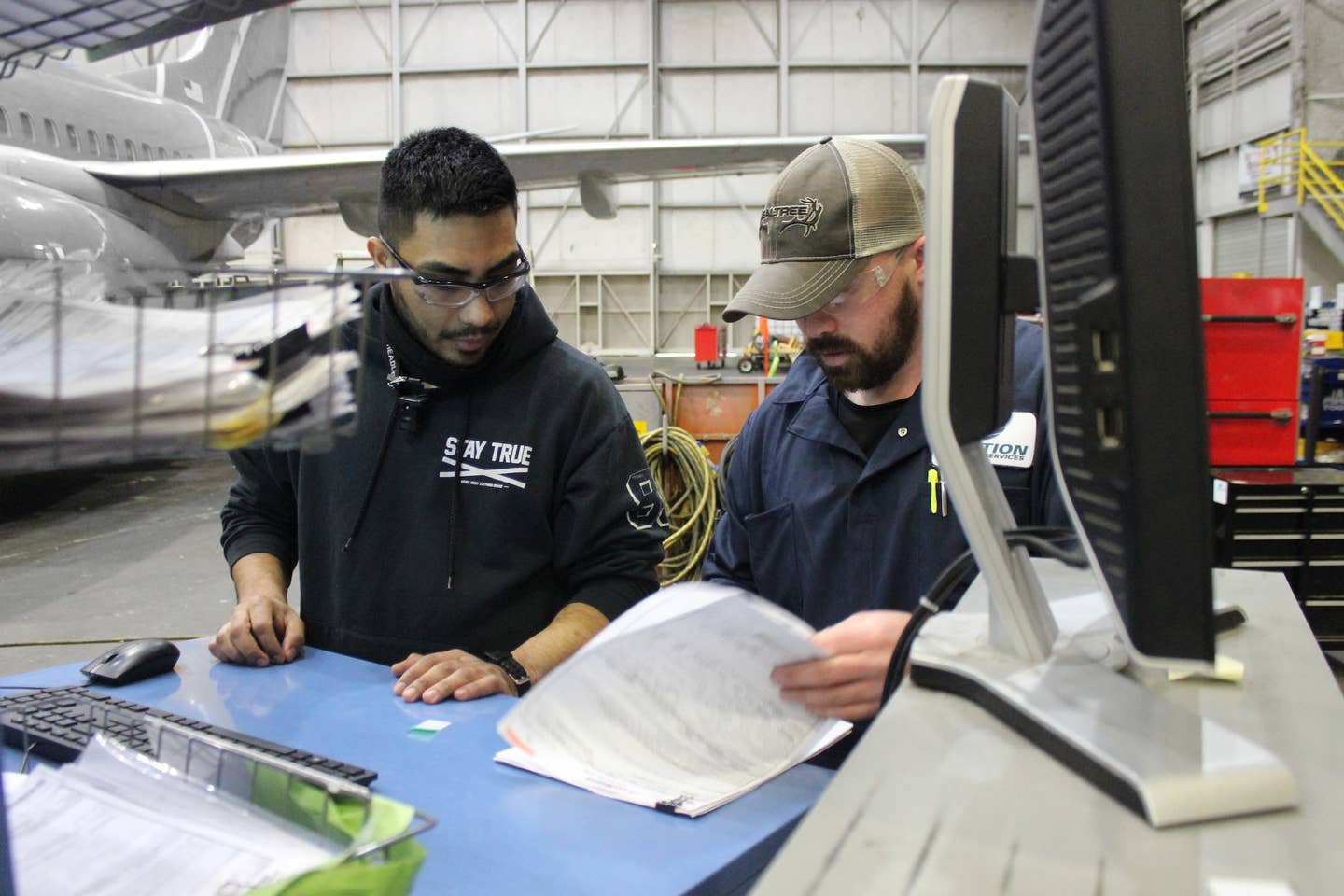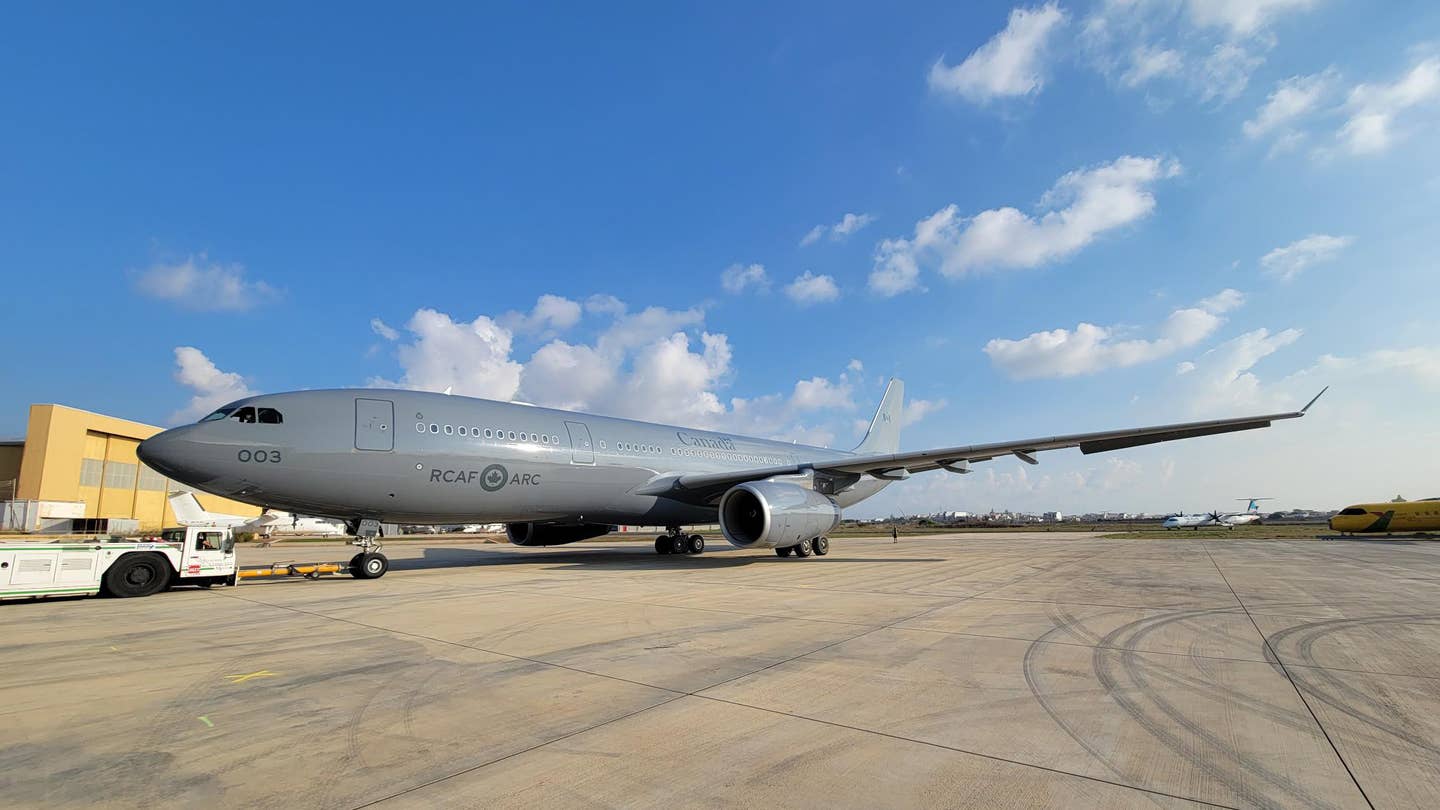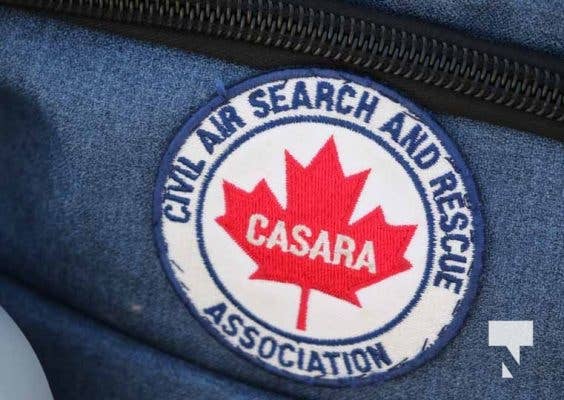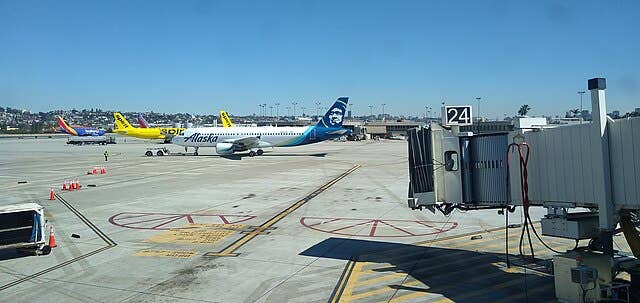Airlines Blame GA For Holiday Flight Delays
Airlines say GA traffic caused some of the relatively few flight delays travelers experienced over Christmas and wants regulators to “find the appropriate balance between commercial and private aviation traffic”…
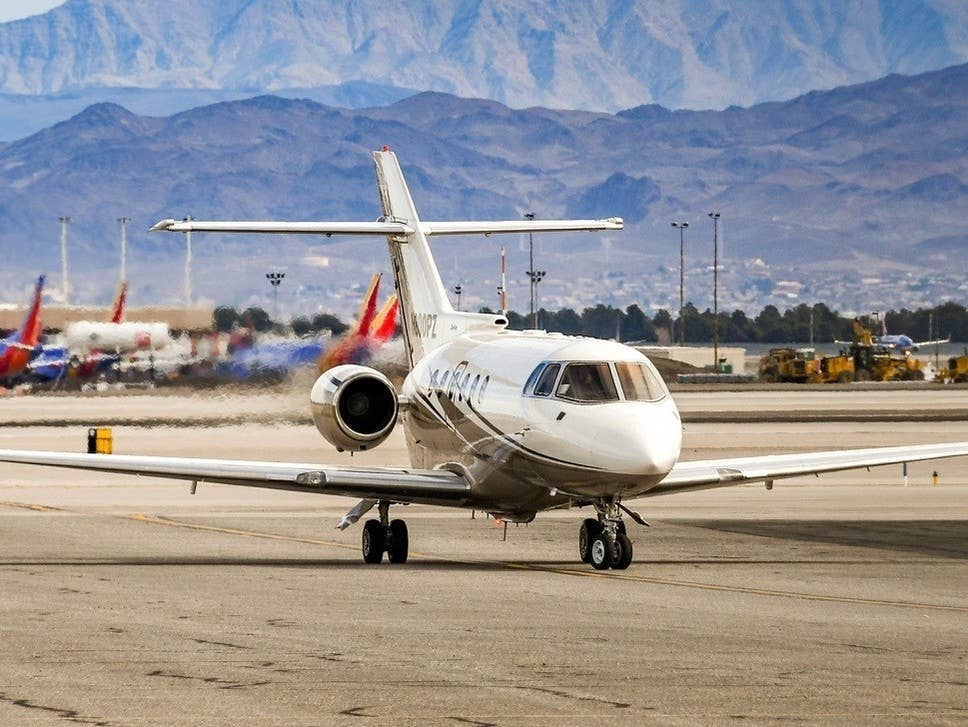
Airlines say GA traffic caused some of the relatively few flight delays travelers experienced over Christmas and wants regulators to "find the appropriate balance between commercial and private aviation traffic" to prevent that from happening. Meanwhile, the National Business Aviation Association says airlines should stop scapegoating general aviation for flight delays.
On Friday, air carrier lobby group Airlines4America wrote the FAA and Department of Transportation blaming increased GA traffic for delays in Florida and an unspecified "issue" in the Northeast and at other destinations across the country. The letter is copied below. "It’s unfortunate that the airlines appear to be prioritizing finger-pointing over facts when it comes to causes for aviation system delays because the fact is, delays are most often caused by weather and the practices of the airlines themselves," NBAA spokesman Dan Hubbard said.
In the letter, A4A slapped its members and the FAA on the back for "strong performance" over the holiday period but said some of the few glitches that appeared can be attributed to GA and its spontaneous nature. It noted Jacksonville Center invoked traffic management initiatives that caused two-hour delays and said "tremendous private aviation volume" was to blame. "The non-scheduled and inconsistent non-commercial operations create challenges for our carriers because flight plans are being filed at the latest points possible and some flights are changing destinations enroute," the A4A letter says. "All of this creates operational uncertainty for our carriers and the entire National Airspace System (NAS)."
Hubbard said numerous analyses have shown that GA traffic isn't a big factor in aviation system delays. "Let’s stick to the facts, and continue to build on the actual work being done by all parties to preserve our nations’ leadership in aviation, and ensure that it works for everyone who relies on it," Hubbard said.
A4A says it's all for working together but it also wants the regulators to do something about the impact of GA on scheduled operations. "A4A requests the Administration take all possible actions to find the appropriate balance between commercial and private aviation traffic with the goal of minimizing delays and cancellations for the travelling public," the letter said. A4A also urged the FAA to continue to address staffing issues at ATC facilities and to "avert additional staffing triggers, particularly in high volume centers."
AOPA Senior VP Jim Coon said it's an example of the airlines looking for others to blame to escape scrutiny themselves. “We need to get the facts. Most are tired of the airlines game of blaming everyone but themselves for delays," Coon told AVweb. "Last time they said delays were caused by DOT and now, again, they point fingers elsewhere. It would be more productive for them to spend their efforts on becoming part of the solution instead of complaining.”
The FAA told Reuters, which first reported the letter, that airlines and GA, along with other stakeholders, "have a seat at the Command Center, where the FAA monitors the airspace 24/7 and gives updates every two hours." It also said it's working on the staffing issues.
The full text of the A4A letter (original signed by A4A CEO Nicholas Calio) is below:
Dear Secretary Buttigieg and Administrator Whitaker:
Given our mutual focus of reducing delays and cancellations for the travelling public, I want to thank the FAA for their efforts to ensure the safe and efficient operations of the National Airspace (NAS) over this holiday period. As a result of our combined efforts, Airlines for America (A4A) carriers are reporting strong operational performance during the holiday season. However, I want to call your attention to certain concerning air traffic control (ATC) conditions leading to operational challenges for A4A carriers during the holiday. Specifically, significant non-scheduled aviation operations (i.e., business and private aviation volume) along with continued ATC staffing challenges have driven increased delays and cancellations over the holiday period.
The unannounced volume increase was notably dramatic with Miami Center (ZMA), which projected December 27th to be the third busiest volume day on record going back to pre-1989. Jacksonville Center (ZJX) has also been managing tremendous private aviation volume necessitating traffic management initiatives (TMIs) often leading to delays lasting as long as two hours. Private aviation volume has been noted as an issue in the northeast, impacting several of the busiest airports in the country, as well as multiple additional destinations throughout the country. The non-scheduled and inconsistent non- commercial operations create challenges for our carriers because flight plans are being filed at the latest points possible and some flights are changing destinations enroute. All of this creates operational uncertainty for our carriers and the entire National Airspace System (NAS).
Additionally, we have seen ATC staffing challenges at key centers over the holiday travel period. ZMA issued a staffing trigger on December 27th, which had been projected to be one of the busiest volume days in history. We continue to see staffing triggers at New York Center (ZNY) and in other centers throughout the nation, particularly on the west coast.
The combination of increased private aviation volume and unpredictability along with continued ATC staffing challenges cannot be looked at as singular issues or only impacting certain regions. Our carriers run national networks and delays or cancellations in one part of the country have reverberating impacts to the travelling public throughout the nation.
Our carriers report the FAA is taking steps to work through these challenges and we appreciate those efforts. The FAA’s Command Center has worked closely with carriers to mitigate the impacts and their performance is appreciated. However, we believe more action can be taken.
A4A requests the Administration take all possible actions to find the appropriate balance between commercial and private aviation traffic with the goal of minimizing delays and cancellations for the travelling public. Additionally, A4A requests that all possible steps be taken to avert additional staffing triggers, particularly in high volume centers.
Thank you for your partnership in delivering operational excellence in the NAS on behalf of the traveling public. A4A carriers stand ready to work with you to address ongoing challenges.


